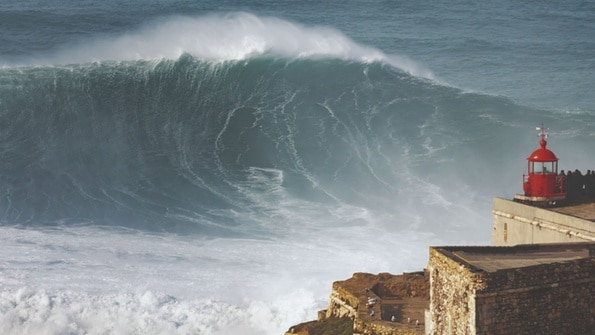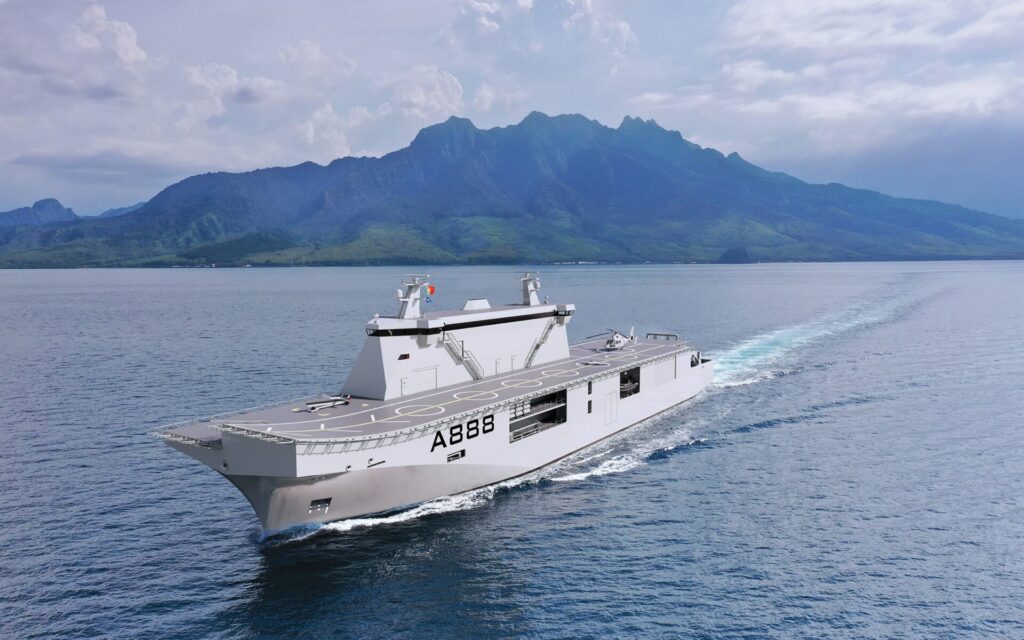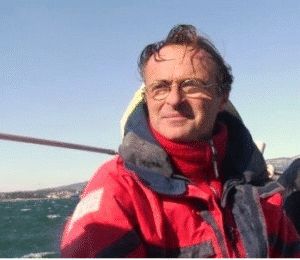In a maritime context already rich in biodiversity, Portugal has just taken a strong action: the decision to extend its marine protected areas, an initiative that resonates globally. This bold commitment makes the country a pioneer in the fight to preserve the oceans, and highlights the importance of sustainability in the management of maritime resources. Based on the network of Azores, Portugal is committed to protecting not only marine fauna and flora, but also underwater ecosystems which play a crucial role in the overall ecological balance. This includes the preservation of iconic species such as manta rays, sharks, whales And dolphins, as well as important habitats such as deep corals. With the ambition to protect 30% of its maritime waters by 2030, this choice makes Portugal a model to follow for other nations. By adopting such a policy, the country is resolutely committed to the objectives of the United Nation for the protection of the oceans, and calls on other regions of the world to follow suit. This historic movement could well transform our approach to contemporary ocean challenges.
Portugal recently made a significant decision that could transform its role in protecting the oceans. By adopting ambitious measures to expand marine protected areas (MPAs), this country has not only affirmed its commitment to sustainability, but has also set a benchmark for other nations globally. This initiative is part of the objectives of the United Nations, which aims to protect 30% of the oceans by 2030.
Table of Contents
ToggleThe benefits of protected marine areas for biodiversity
Marine protected areas play a crucial role in preserving the biodiversity navy. Currently, less than 3% of the world’s oceans are fully protected, according to the latest statistics. The extension of ZMPs in the Azores, an island region of Portugal, protects emblematic species such as manta rays, THE sharks, THE whales, and the dolphins. These efforts will help keep marine ecosystems healthy and resilient in the face of climate change, while supporting local communities who depend on the sea for their livelihoods.
A recent study published in the scientific journal Nature found that well-managed MPAs increase fish biomass by 600% on average. This impressive figure underlines the importance of rigorous management of fish nurseries, which constitute a strategic element for the sustainability of fishing. Reducing harmful human activities, such as overfishing or dumping pollutants, promotes the recovery of aquatic populations.
A strategy focused on sustainability and tourism
Portugal is looking to the future with a vision that integrates sustainability and economic development. Not only does ocean protection contribute to the conservation of ecosystems, but it also represents an opportunity to strengthen the nation’s tourist appeal. The natural beauty of the Azores, combined with its efforts to protect the environment, is attracting more and more tourists keen to discover eco-friendly destinations.
Experts believe that the market for sustainable tourism could grow by 25% by 2025. Currently, activities such as kayaking, scuba diving and wildlife watching are booming in these protected areas. Case studies, such as that of Monterey Marine Reserve in California, demonstrate that integrating ecotourism into marine management planning can generate millions of euros for the local economy while preserving biodiversity.
Alongside this initiative, Portugal has engaged in dialogue with other European countries to share best practices and develop partnerships, thus fostering a collaborative approach to global ocean challenges.
International and local implications
Portugal’s decision may act as a catalyst for other nations around the world. By aligning with the United Nations goal of protecting 30% of the oceans by 2030, the country demonstrates the importance of effective leadership in maritime conservation. In addition, discussions at the United Nations Ocean Conference in Lisbon highlighted the challenges of global ocean governance.
Experts encourage countries to go beyond simple commitments and take concrete action. For example, the adoption of the High Seas Treaty, which was signed by several states, highlights the need to address global maritime issues together. The idea is to ensure that fishing rights and development concessions coastal areas do not compromise protection efforts.
At the local level, public awareness is also crucial. Educational initiatives in schools and coastal communities are inspiring younger generations to engage in protecting the marine environment, raising awareness of the importance of conservation practices.
Portugal thus serves as an inspiring model for other countries seeking to play their role in the fight for ocean health. By protecting its own waters, the country ensures the prosperity not only of future generations but also the natural wealth of the globe.

FAQ about marine protection in Portugal
Q: What is the historic decision taken by Portugal regarding the oceans? Portugal has committed to further protection of its marine environments to meet an ambitious UN target. This includes the creation of the largest network of marine protected areas in Europe.
Q: Which marine species are protected in the Azores? In the Azores, the network of marine protected areas protects various ocean species such as manta rays, sharks, whales, dolphins and deep-sea corals.
Q: What percentage of Portuguese waters are now protected? The new initiative completely protects 15% of the waters of the Portuguese archipelago and strictly protects another 15%.
Q: What activities are permitted in highly protected areas? In highly protected areas, only non-harmful human activities, such as kayaking and swimming, are generally permitted.
Q: Why is ocean protection important to Portugal? Ocean protection is crucial to preserving underwater habitats, improving fish stocks for sustainable fishing and attracting tourism, thereby supporting the local economy.
Q: What is the UN objective to which Portugal contributes? Portugal is working towards the UN goal of protecting 30% of oceans and land by 2030, which serves as an example for other nations.
Q: What are the consequences of marine protected areas? Marine protected areas help improve ocean health by reducing human impact on marine life and increasing the diversity and abundance of marine species, making them more resilient to climate change.
Q: What benefits can marine protected areas bring? They can provide benefits in terms of biodiversity, climate stability and food supply, while preserving the ecological, economic and cultural values of the marine ecosystem.









